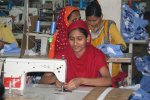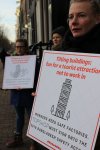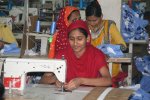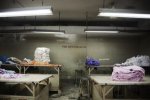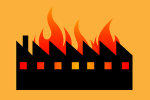On the 5th Anniversary of Rana Plaza, tell brands to sign the renewed Accord
Today marks the five-year anniversary of the tragic collapse of the Rana Plaza building that took the lives of 1,134 garment workers and seriously injured over 2,500. It is now widely known that workers who reported for work that morning did not want to enter the building because they knew it was unsafe were told by managers that they had to go to work in order to meet order deadlines of the international brands.

